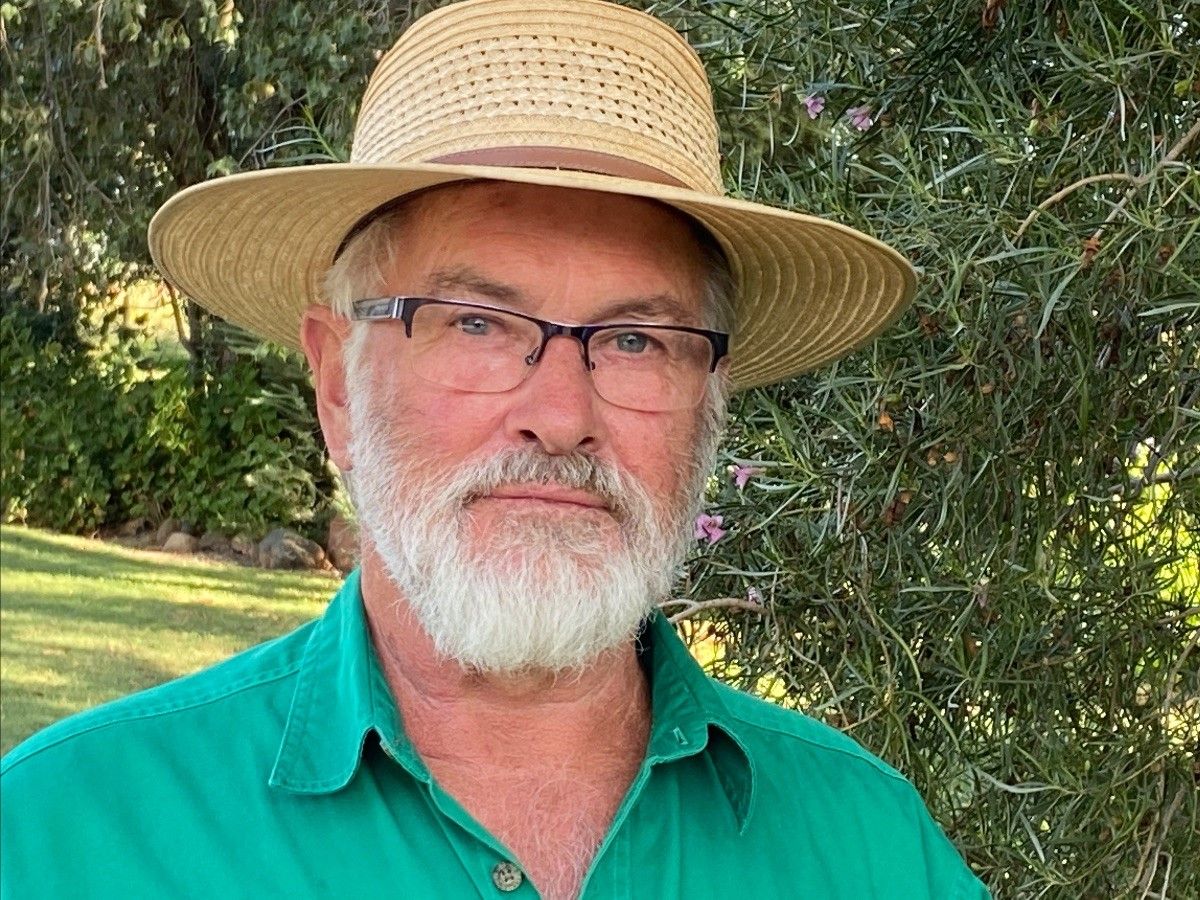
How long have you been volunteering with Landcare?
I have my wife, Nell, to thank for my/our introduction to Landcare in the 1980’s. She was working in Manilla at the time when Landcare was a new ‘word’, thanks to Bob Hawke for the Federal funding of the initial program. We joined Manilla Landcare as Somerton ‘outliers’. In the early 1990’s we hosted a major project involving Manilla Landcare, the NSW Soil Conservation Service and the LEAP Program which involved major works in Jeffries Gully on Perrings Road.
How did you start?
We attended meetings and got a feel for what it was all about. Not living in Manilla we were not heavily involved with many of their planting projects. So it wasn’t until we commenced plans for our gully restoration project that it all started to fit together. After our project, we got involved with the Tamworth-Manilla Regional Landcare (TMLA) as an umbrella group. Sadly, the Manilla Landcare group folded, so we joined the Bubbogullion 100 group which was really more geographically appropriate for us. I currently chair the Bubbogullion 100 landcare group meetings and we still have key links to the TRLA which evolved from the TMLA.
What do you love most about Landcare?
Landcare is flexible, broad and dynamic! There are many different Landcare groups which vary enormously in their organisation, operations and membership. So potentially there is a group to suit almost everyone….urban, peri-urban, agricultural/rural. For the Bubbogullion 100 group, there is a real focus on fellowship and support, along with a record of successful grant applications to support a diversity of projects over the history of the group. Some projects include major gully restoration activities, plantings of corridors/tree-lots to restore and link isolated remnants of box woodlands, control of pests (weeds, feral animals), purchase of equipment (Soil-Flow Seeder, trough mould, Potti-Putki etc), education programs (visits to Landcare winners’ farms, regenerative agriculture, soils etc.).
If you could change anything about the way we care for the environment, what would it be?
We would feel so much more confident for a positive future if more people, especially those in urban environments, had a greater appreciation of the natural world. For families living in apartments, buying all their foods in highly processed forms, packaged nicely, and sitting on the supermarket shelf….well, I sometimes despair. Globally, last decade, the Earth’s population moved from a predominantly rural population to an urban one. We need to help people realise that they need to buy fresh, locally-produced, nutrient-dense foods to ensure that their family grows strong and healthy. But of course there is much, much more to do. Restoring our disappearing woodlands, restoring the health of our soils, moving away from inductrial to regenerative agricultural practices. Re-building healthy, natural environments. There is so much to do…with education being a key.
How has being a part of Landcare influenced your farming practices?
Landcare has exposed us to a greater range of people, knowledge, skills, programs and projects. We have implemented many ‘Landcare-introduced’ concepts to our landholder practices. We have kilometres of corridors of natives plants (trees, understory shrubs and ground cover) linking our existing corridors with external box-gum woodland remnants. We are involved in a national dung beetle research project. We have coordinated a group project on multispecies cover cropping. We are still learning about holistic management, use of grazing charts, rebuilding soil biota and bovine genetics. Lifelong learning is….endless!
TRLA welcomes new members. Our Annual General Meeting is coming up in August where committee positions will become available to members who would like to have a hand in guiding Landcare activities and outcomes in our region.
Email Penne Fraser at penne@trla.org.au for more information.


